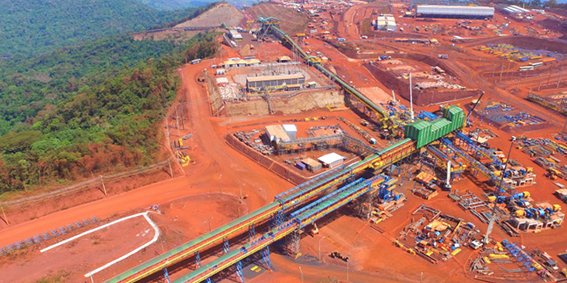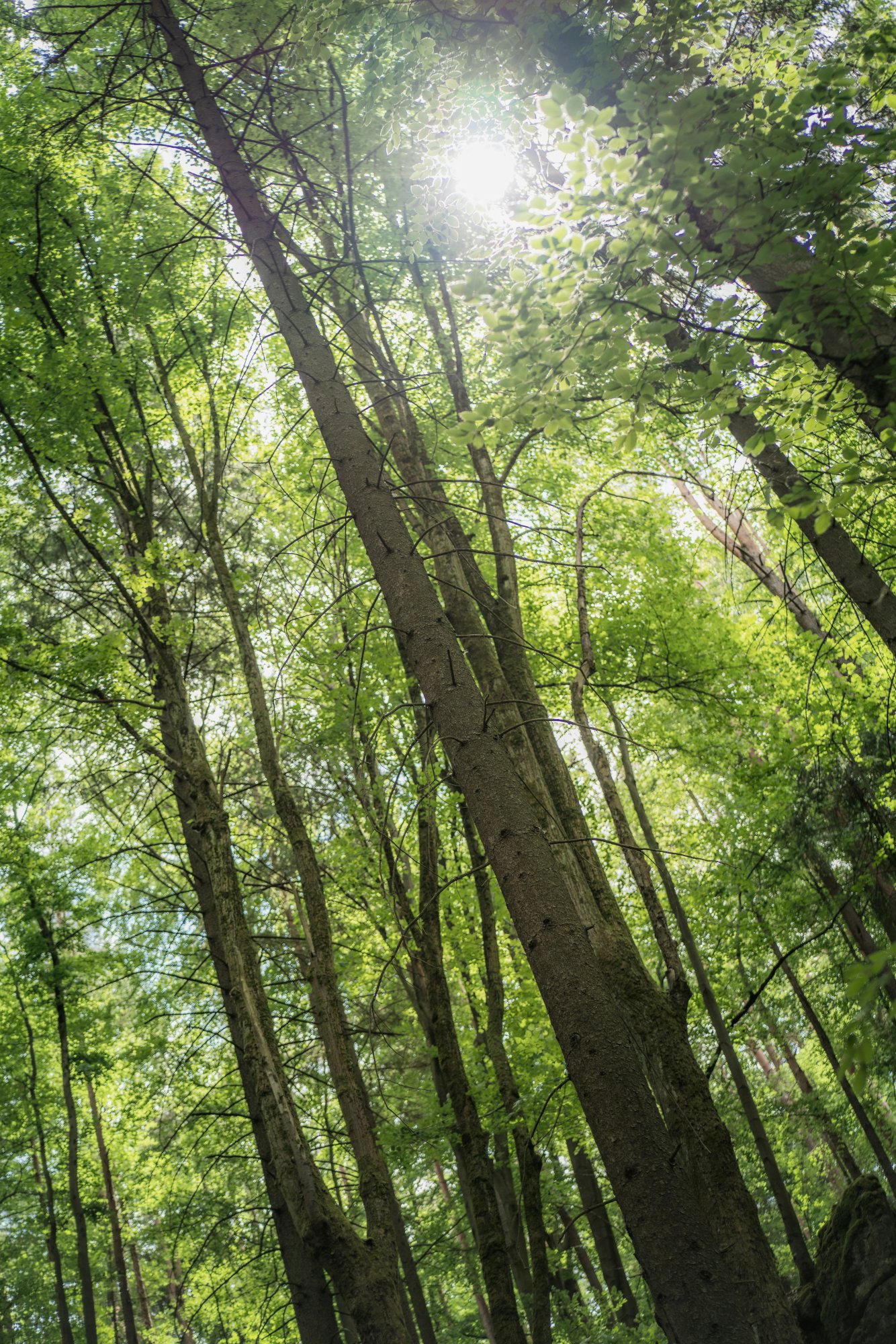
Certifications & Commitments: Quality and Sustainability at the Forefront
At AU-MEX, we believe that exceptional quality goes hand in hand with responsible sourcing and environmental stewardship. Our certifications and commitments reflect our dedication to both:
Environmental Statement
AU-MEX places a high value on environmental management and sustainable practices. We strive to balance the economic benefits of wood production with the ecological needs of forests and the well-being of communities that rely on them. We are committed to:
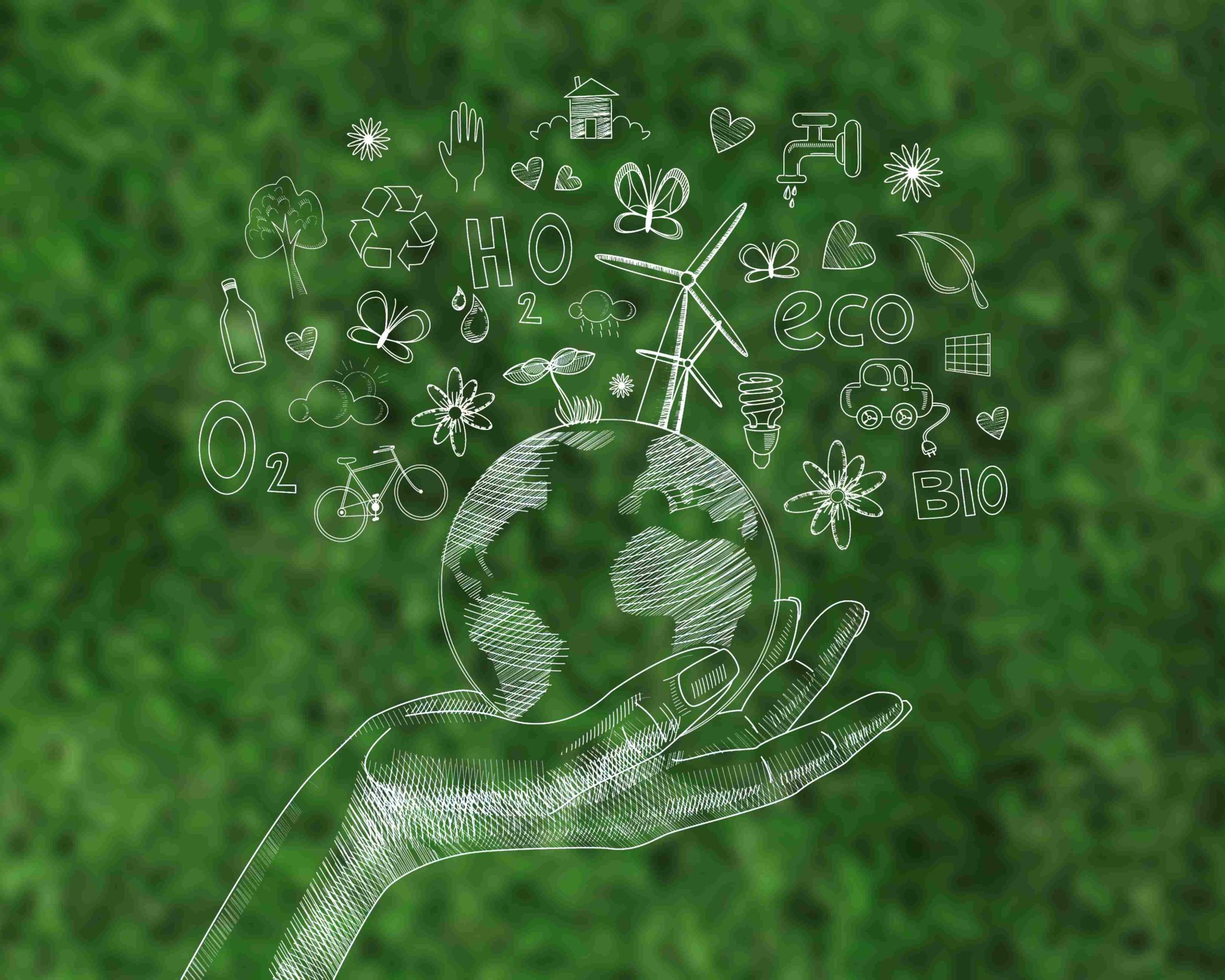
Common Questions on Sustainability
While leaving trees undisturbed might seem ideal, responsible forest management actually plays a crucial role in combating climate change. Untended forests reach an equilibrium where decomposing trees release as much carbon dioxide as growing ones absorb. Conversely, well-managed forests grow faster, storing more carbon dioxide in wood for extended periods when used for construction. Wood waste can also be utilised for renewable energy, replacing environmentally harmful sources.
Sustainable forestry involves harvesting less wood than the forest naturally grows and preserving areas vital for biodiversity. Our proximity to the forests that supply us allows us to ensure responsible and eco-friendly harvesting practices.
Our wood products are FSC-certified, meaning the timber is sourced from forests where biodiversity is actively protected. The FSC ensures endangered species are safeguarded and that forest management practices promote a thriving ecosystem. Responsible forestry, like that required by the FSC, actually benefits biodiversity by creating a variety of habitats for different species. The FSC also works to strengthen the rights of forest workers and local communities, contributing to the overall health and well-being of the forest ecosystem.
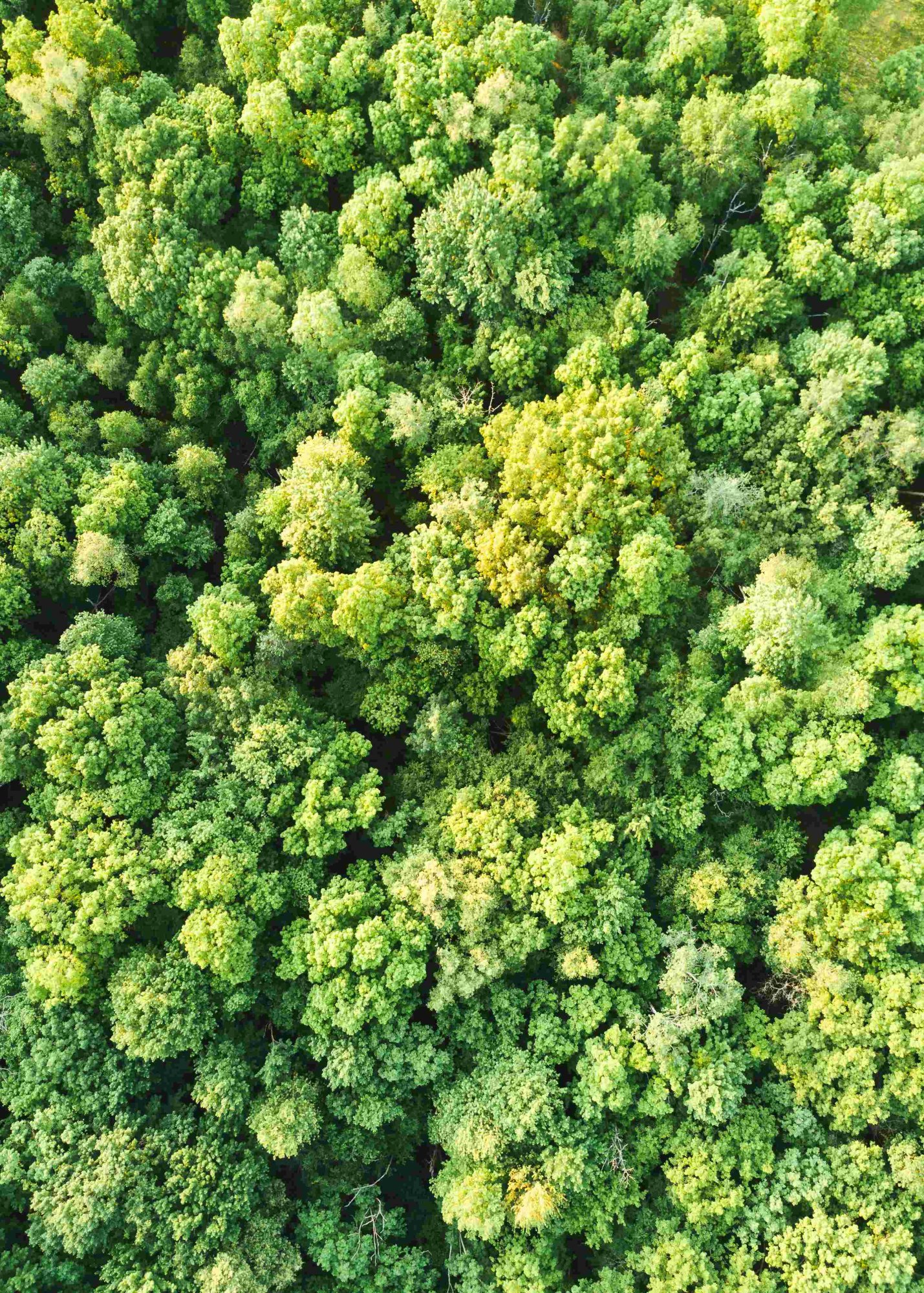
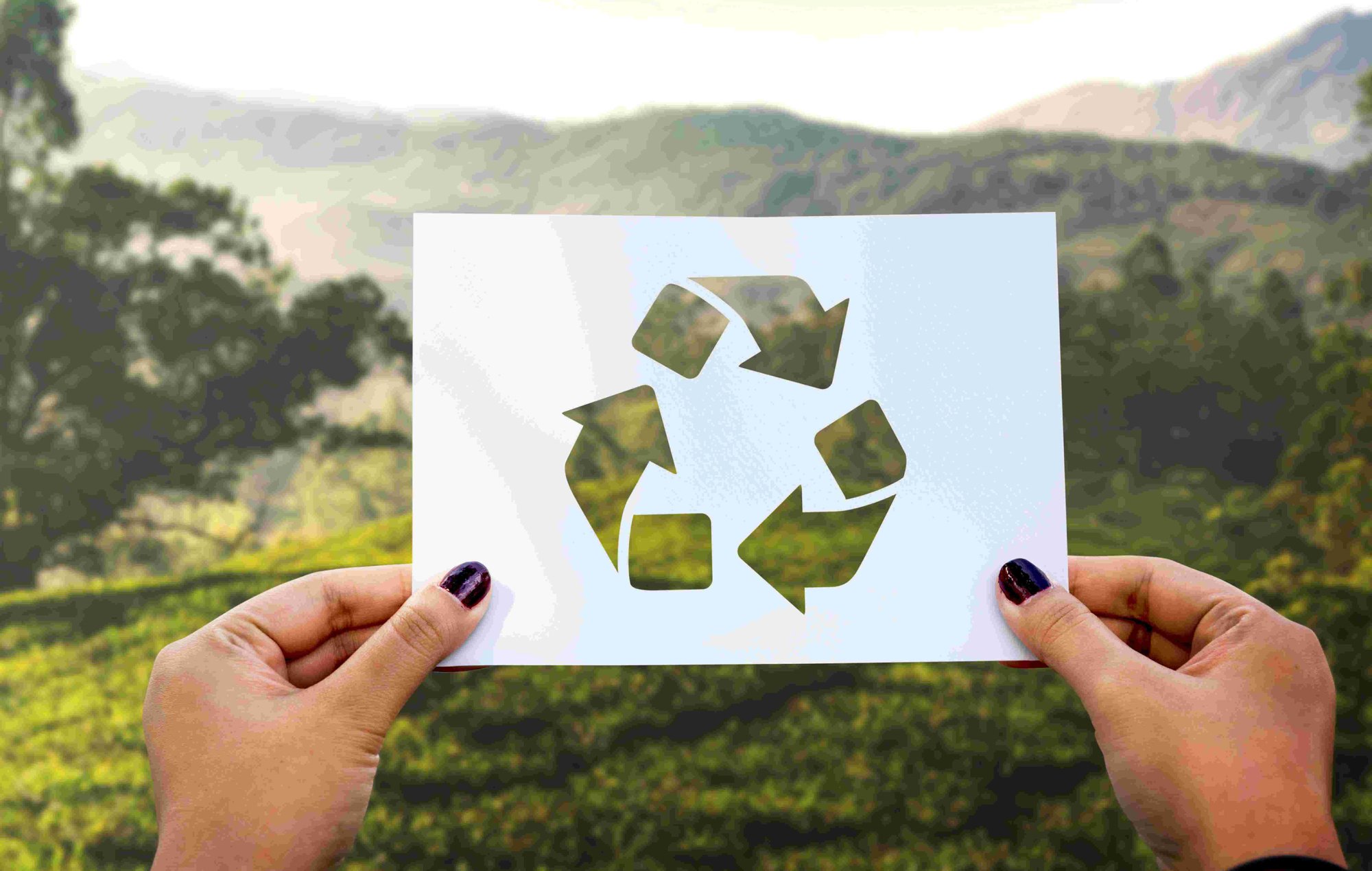
At AU-MEX, we believe in the enduring quality of our wood products. Even after years of use, your REALWOOD decking, cladding, flooring, sauna profiles and other wooden products still have potential! Here are a few ways you can give your wood a second life and keep it out of landfills:
Let‘s make sustainability a part of every project!
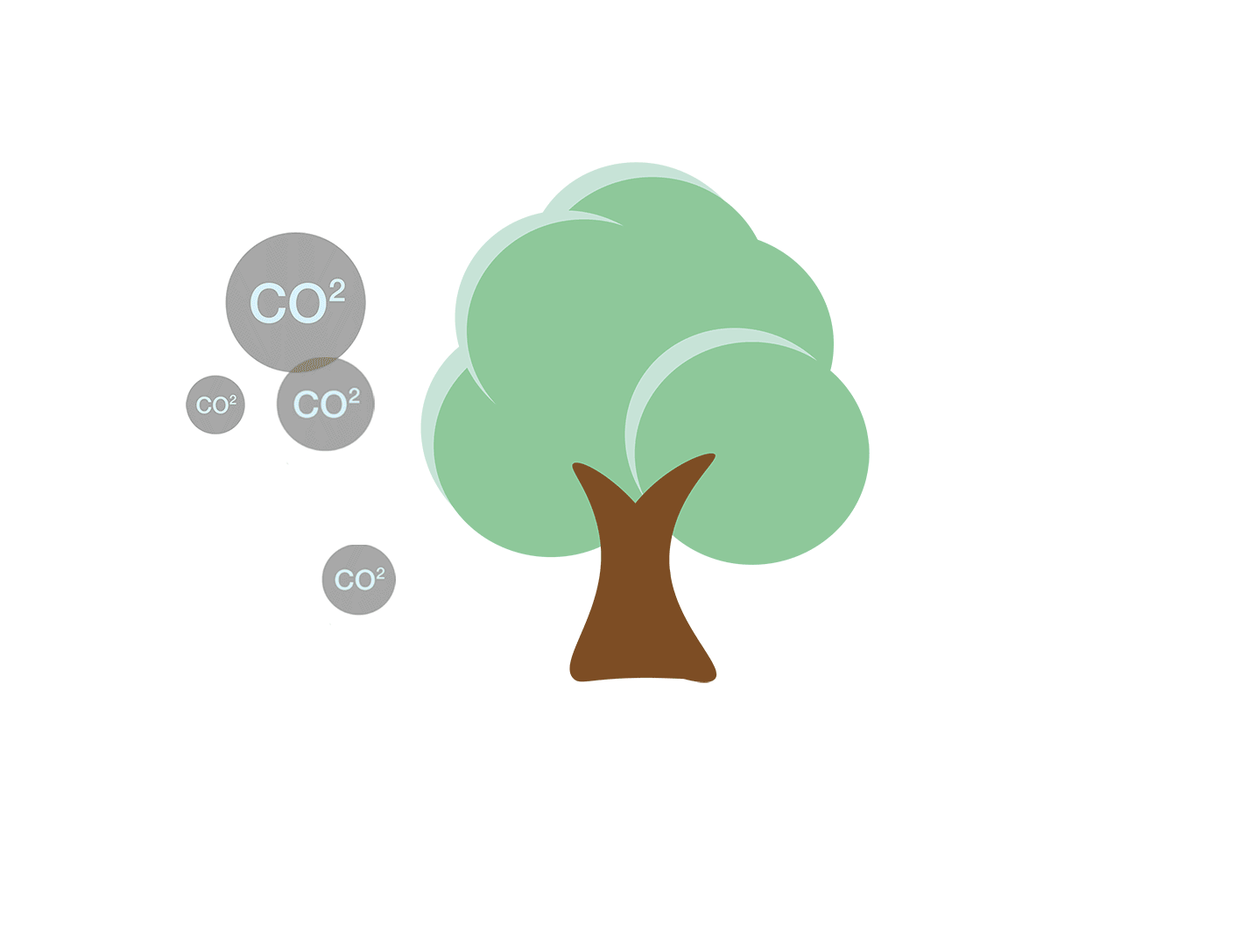
Wood has a remarkable environmental impact. Unlike many other building materials, wood actively helps reduce carbon dioxide (CO2) emissions, a key driver of climate change.
Our Environmental Product Declarations (EPDs) provide transparent information about our products‘ environmental performance throughout their lifecycle, including the carbon emissions associated with production, disposal, and recycling.
What makes wood truly unique is its ability to act as a „carbon sink.“ For every 0.9 kg of dry wood, approximately 1.6 kg of carbon dioxide is absorbed and stored in the atmosphere during the tree‘s growth through photosynthesis. This means wood is not just carbon-neutral; it‘s actually carbon-negative, actively removing carbon dioxide from the air and helping to combat global warming.
The environmental impact of the forest
While responsible forestry can be a powerful tool for environmental protection, not all logging practices are created equal. Unsustainable logging, where forests are cleared faster than they can regrow, can have devastating environmental consequences.
That‘s why we exclusively use FSC-certified timber. The Forest Stewardship Council (FSC) is an independent, international organisation that sets rigorous standards for responsible forest management. Their certification ensures that the wood we use comes from forests managed to protect biodiversity, respect the rights of local communities, and promote sustainable practices.
How Economic Activities Affect Forest Ecosystems
Sustainable forest management (SFM) offers a solution that balances economic needs with environmental protection. SFM prioritises long-term forest health, ensuring responsible harvesting practices that maintain biodiversity, protect water resources, and store carbon. This approach provides a sustainable source of wood products while safeguarding the environment.
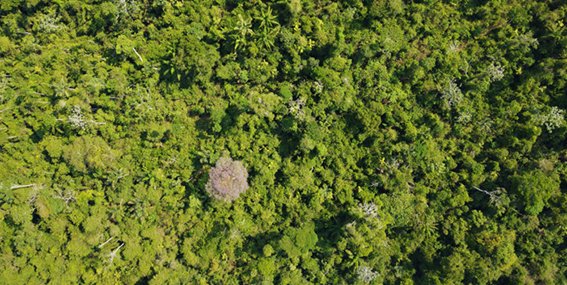
Soya farming and oil palm plantations have become significant drivers of deforestation, particularly in South America, Malaysia and Indonesia. This agricultural expansion leads to habitat destruction, biodiversity loss, and increased carbon emissions. The clearing of vast forest areas for these crops not only threatens countless species but also contributes to climate change.
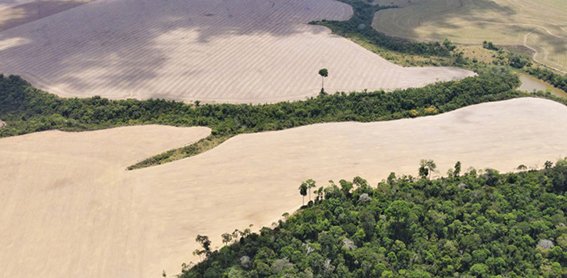
Cattle ranching is another significant cause of deforestation, especially in the Amazon rainforest. Clearing forests for grazing land releases stored carbon, reduces biodiversity, and disrupts fragile ecosystems.
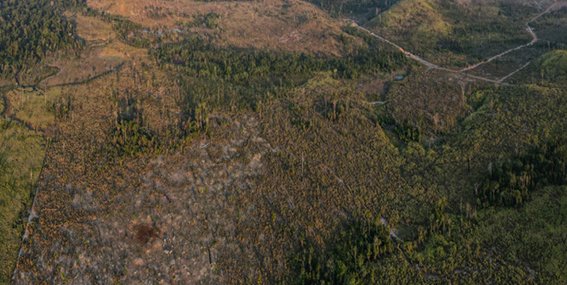
Mining operations can have severe environmental consequences for forests. Clearing land for mines, constructing roads, and the extraction process itself can lead to deforestation, soil contamination, and water pollution.
